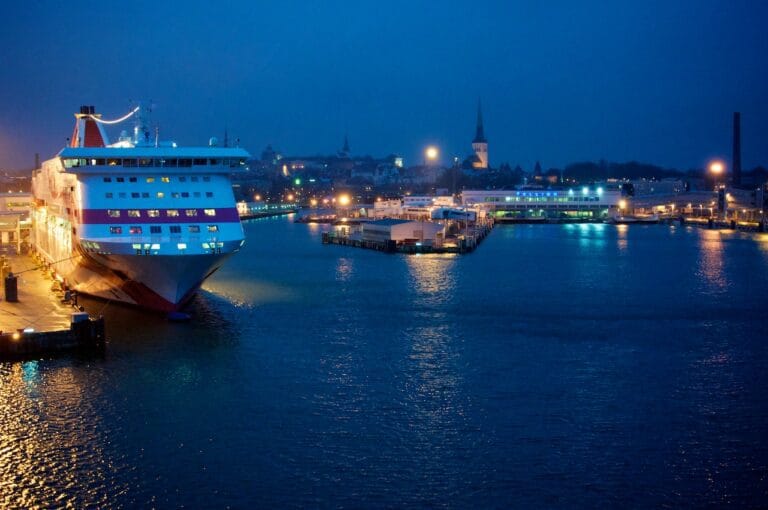Effective December 5, 2024, the customs procedures for importing goods by sea from non-EU countries will transition to new systems known as ICS2 (Import Control System) and NES (National Electronic System). Furthermore, starting May 5, 2025, these changes will extend to air and maritime transport within the European Union, requiring that cargo manifests also be submitted through NES. This initiative primarily impacts air and maritime carriers, who are encouraged to review the guidance provided by the Tax and Customs Board regarding the new systems. The overarching goal of these updates is to enhance operational efficiency and provide user-friendly digital solutions for businesses.
Key Changes for Carriers
1. Importing Goods by Sea from Non-EU Countries
What’s New?
As of December 5, the entry procedures for goods arriving in Estonia from non-EU nations—such as Russia via the port of St. Petersburg—must now utilize the newly implemented systems. ICS1 will be phased out and replaced by:
- ICS2 (Import Control System): Carriers are required to submit an Entry Summary Declaration (ENS) and an Arrival Notification (AN).
- NES (National Electronic System): A Presentation Notification (PN) of goods must be submitted following the unloading of shipments.
Who is Impacted?
This change is specific to maritime carriers bringing goods from countries outside the EU.
Is There a Transition Period?
Maritime carriers encountering challenges while adapting to ICS2 may, under special circumstances, request permission to continue using ICS1 until April 1, 2025.
2. Air and Maritime Transport within the EU
What’s New?
Starting May 5, 2025, all cargo manifests for goods transported by air and sea within the EU must be submitted via the NES system. During a brief transition period, ICS1 will remain functional until May 4, 2025.
Who is Impacted?
This update affects both air and maritime carriers involved in the transportation of goods between EU member states, such as shipments traveling from Hamburg to Muuga or from Copenhagen Airport to Tallinn Airport.
These changes are designed to streamline processes and offer more efficient solutions for the logistics and transportation industry, thus promoting smoother international trade.
You mighr also want to know about Estonia Introduces Annual Motor Vehicle Tax
For further details, clarification, contributions or any concerns regarding this article, please feel free to reach out to us at editorial@tax.news. We value your feedback and are committed to providing accurate and timely information. Please note that all inquiries will be handled in accordance with our privacy policy



